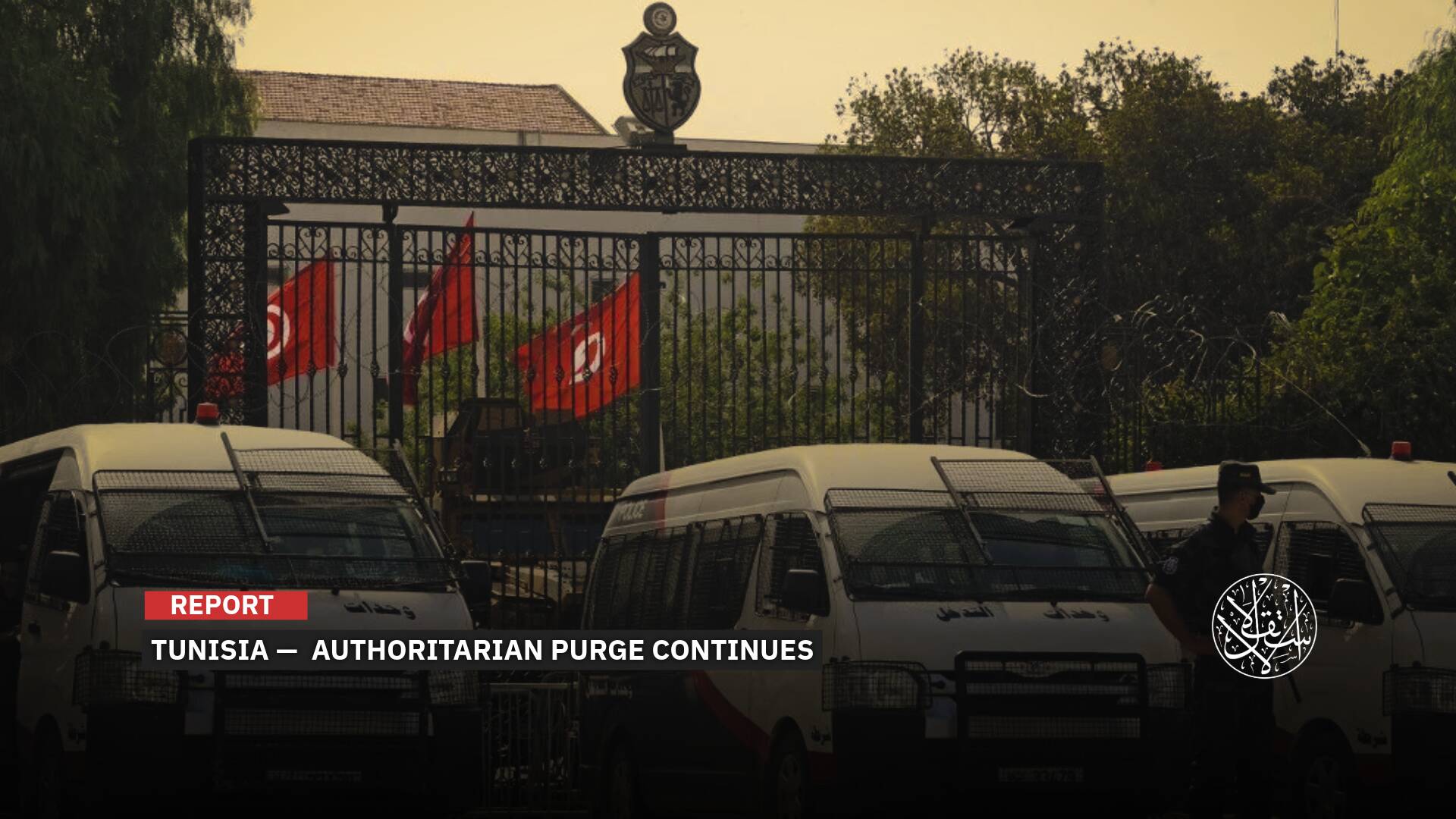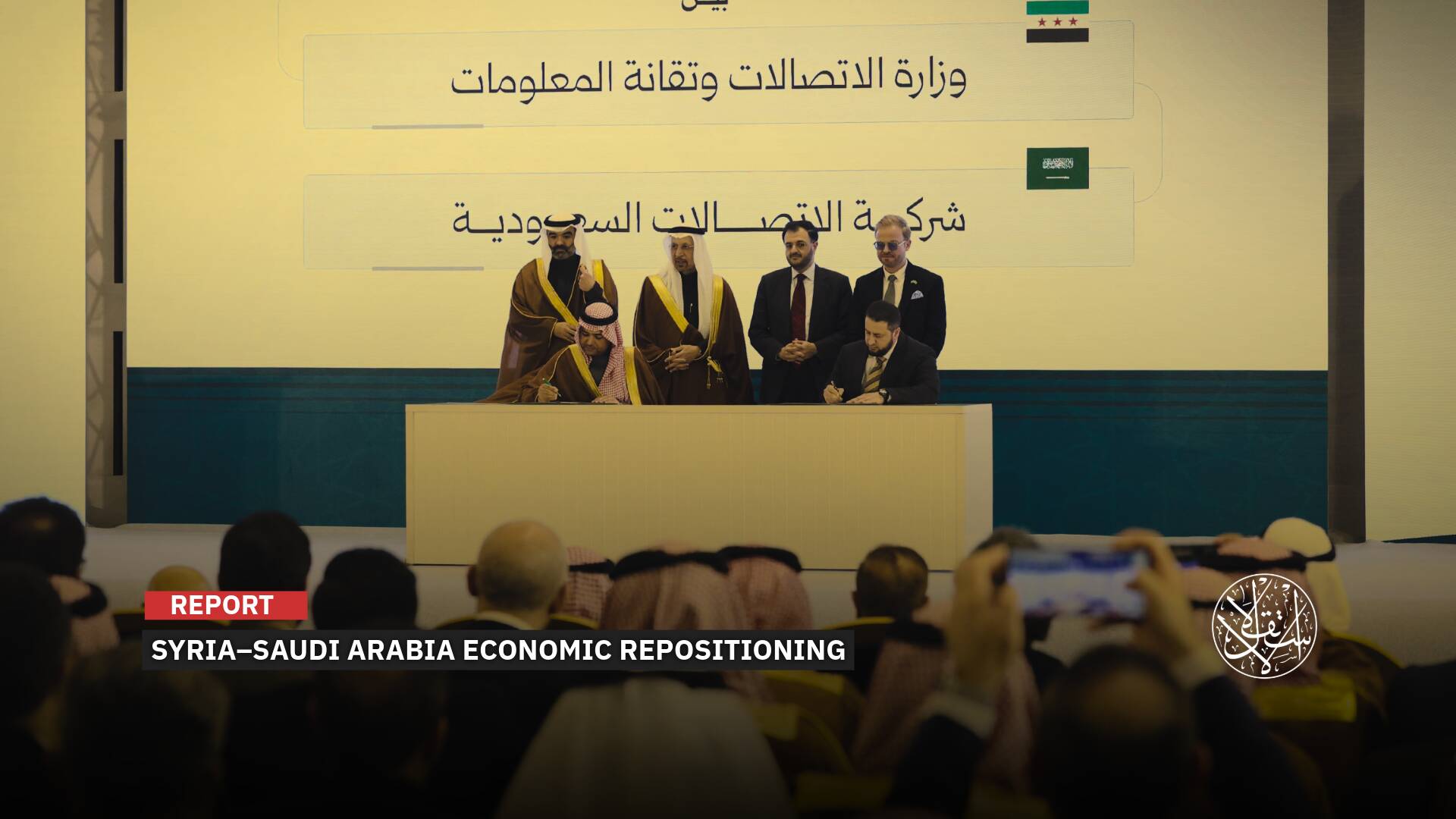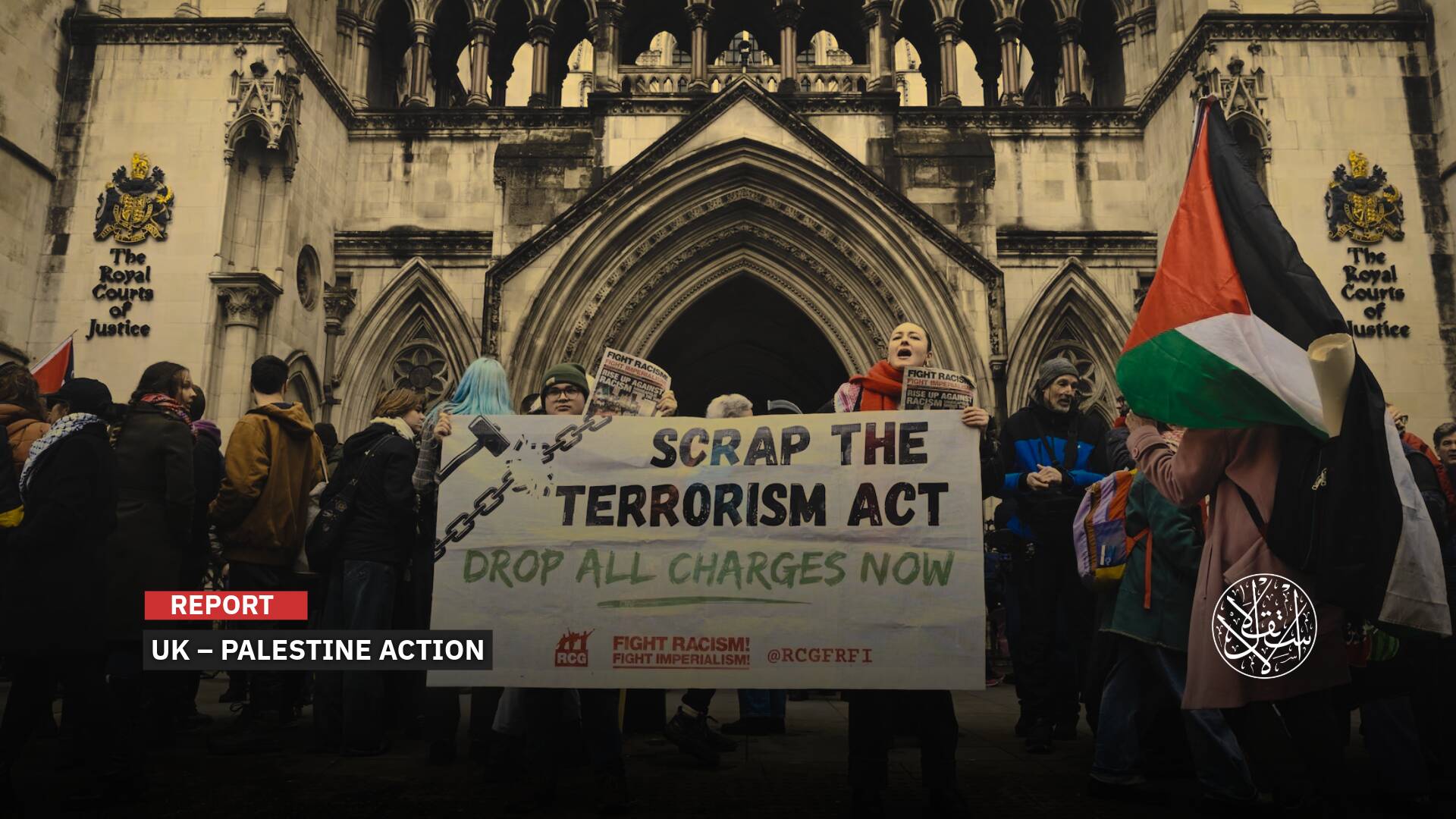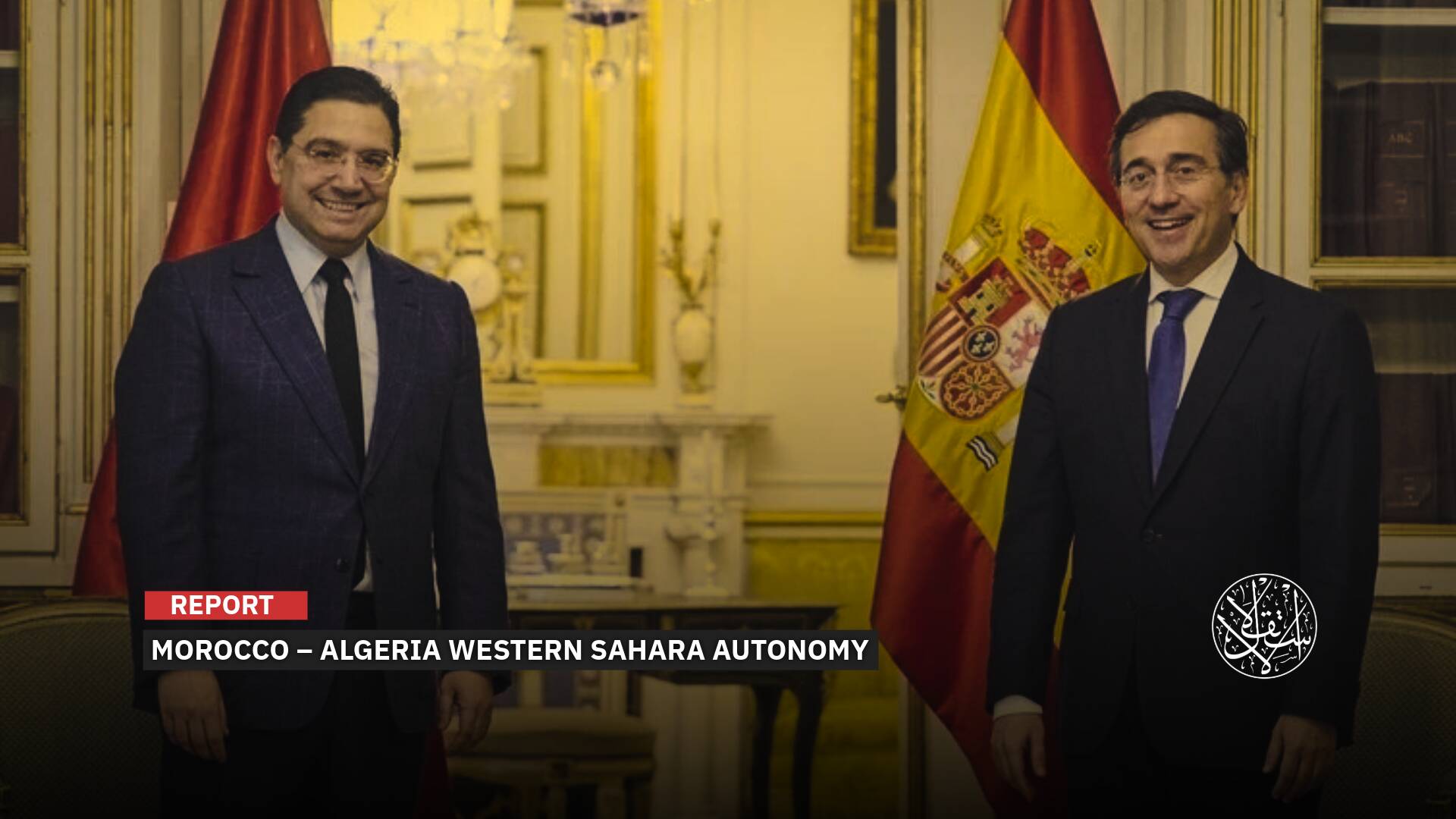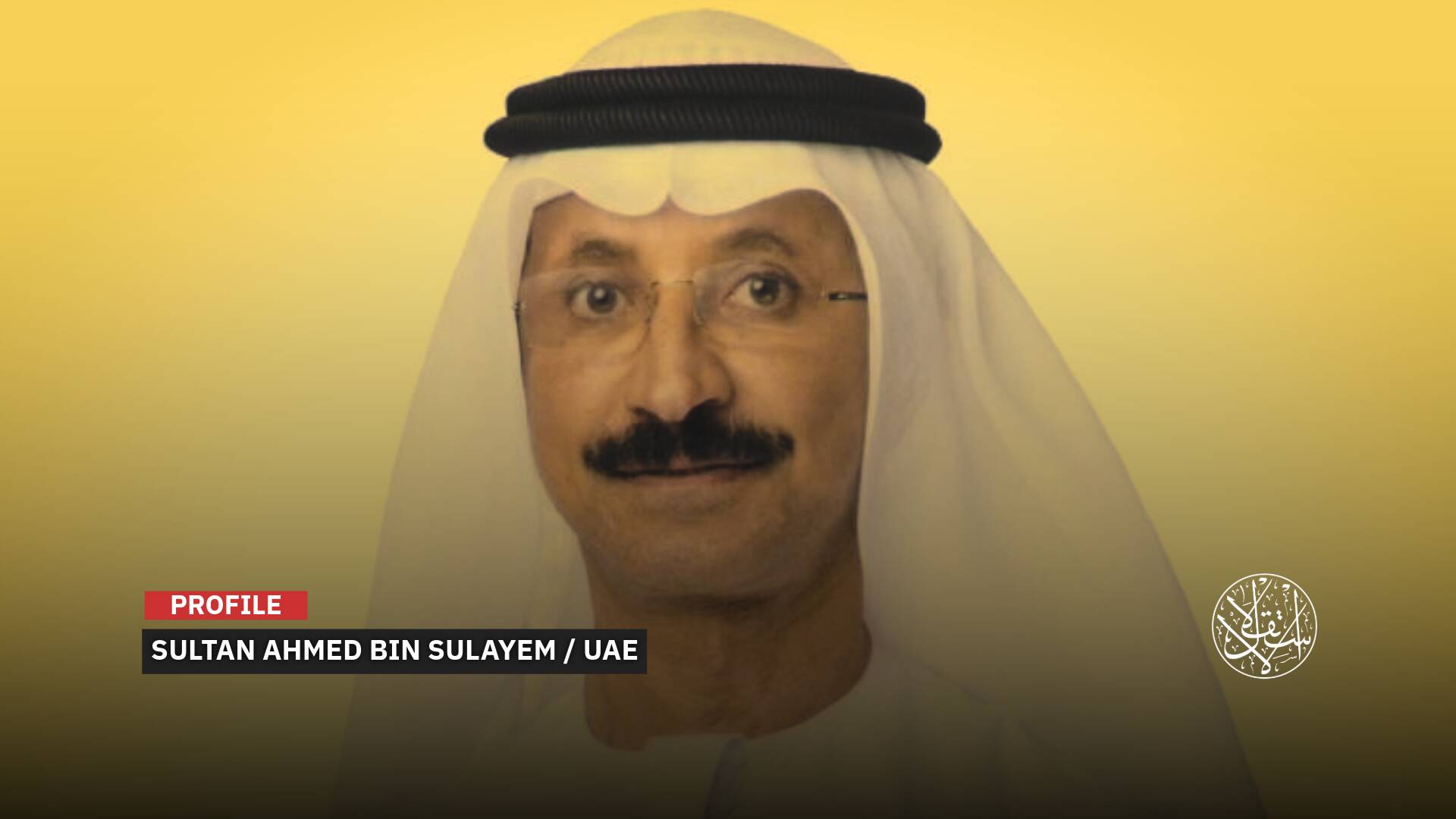This Is How Official French Institutions Obsessively Practice Islamophobia

Nearly 20 years after the decision to ban the wearing of the headscarf in public schools, France recently announced — in a new controversial step — the ban on wearing the abaya in educational institutions, under the pretext of violating strict secular laws in the field of education in the country.
The measure is the latest in a long series of measures taken by France in response to what it calls an insult to secularism. Many others see it as an indication of growing Islamophobia in the European nation.
Defending secularism is a rallying cry in France that resonates across the political spectrum, from leftists who endorse the liberal values of the Enlightenment to far-right voters seeking a bulwark against Islam’s growing role in French society.
The Agence France-Presse indicated that the far-right exerted pressure for the issuance of the ban, which the French left saw as an infringement of civil liberties and a senseless war on the Islamic religion.
France has followed a series of controversial bans and restrictions on elements of customary Islamic dress in recent years, which have often angered Muslims.
Last year, lawmakers backed a ban on wearing the hijab and other conspicuous religious symbols in sports competitions.
Strict Secular System
On the eve of the start of the school year, the French Minister of National Education, Gabriel Attal, decided to ban the wearing of the abaya in public schools in a move that shows the continued political supervision of religion in France.
In a statement on August 27, 2023, Attal added he would give clear rules at the national level to school heads ahead of the return to classes nationwide from September 4, AFP reported.
“When you walk into a classroom, you shouldn’t be able to identify the pupils’ religion just by looking at them,” he said.
Minister Attal added, “Our schools are continually put under test, and over the past months, breaches to secularism have increased considerably, in particular with pupils wearing religious attire like abayas.”
The decision comes after reports of an increase in the wearing of abayas in schools and the existence of tensions within some schools between teachers and parents in this regard.
During the 2022–2023 academic year, the government received 4,710 reports of incidents that violated French secularism in schools, more than double the number of reports received the year before, according to Le Monde.
However, according to the French newspaper Le Figaro, the new decision to ban the abaya is a continuation of the implementation process of the March 15, 2004, law prohibiting the wearing of clothing or symbols showing religious affiliation in French educational institutions.
France adopts a strict ban on wearing religious symbols in public schools, and has implemented a ban since 2004 that prevents students from wearing the hijab.
France, which uses a very strict secular system, has also adopted a ban on wearing the full niqab that covers the face in public places since 2010, which has so far angered the Muslim community, which numbers about five million people, according to Reuters.

Political Attack
On August 28, members of the French government defended the abaya ban in schools, saying it responded to the need to unite in the face of political attack.
The government spokesperson, Olivier Veran, told the news channel BFMTV that the abaya was obviously a religious garment and a political attack, a political sign that he saw as an act of proselytizing or trying to convert to Islam.
While this measure was welcomed by the right and far right, the left’s reaction seemed divided.
The decision was welcomed by the right-wing camp. Eric Ciotti, head of the center-right party Les Republicains (The Republicans), called it a timely and long overdue decision.
This step was also welcomed by some leftist parties in the name of secularism. Socialist MP Jerome Gouge, the socialist mayor of Montpellier, Michael Delafosse, and Communist Party leader Fabien Roussel praised her.
Far-left lawmaker Jean-Luc Mélenchon said he was saddened to see the back-to-school season politically polarized by a new, absurd, and entirely artificial religious war over women’s wear.
Clementine Autain, an MP for the hard-left La France Insoumise, criticized what she called the clothes police and a move characteristic of an obsessional rejection of Muslims.

Not a Religious Symbol
The French government’s recent decision to ban the abaya in public schools has angered the Muslim community in France.
The French Council of the Muslim Faith, or CFCM for its French acronym, which represents several Muslim groups in France, said in a statement that abayas come in many different forms, are tied to Arab culture, and are misrepresented by some as a Muslim religious sign.
“In the name of Secularism and the principle of separation of Religions and the State, the CFCM strongly disputes that a secular authority can define what is or is not religious instead of the religious authorities of a faith,” the council said in a statement.
Abdallah Zekri, vice-chair of the French Council of the Muslim Faith, said the abaya was not religious attire but a type of fashion.
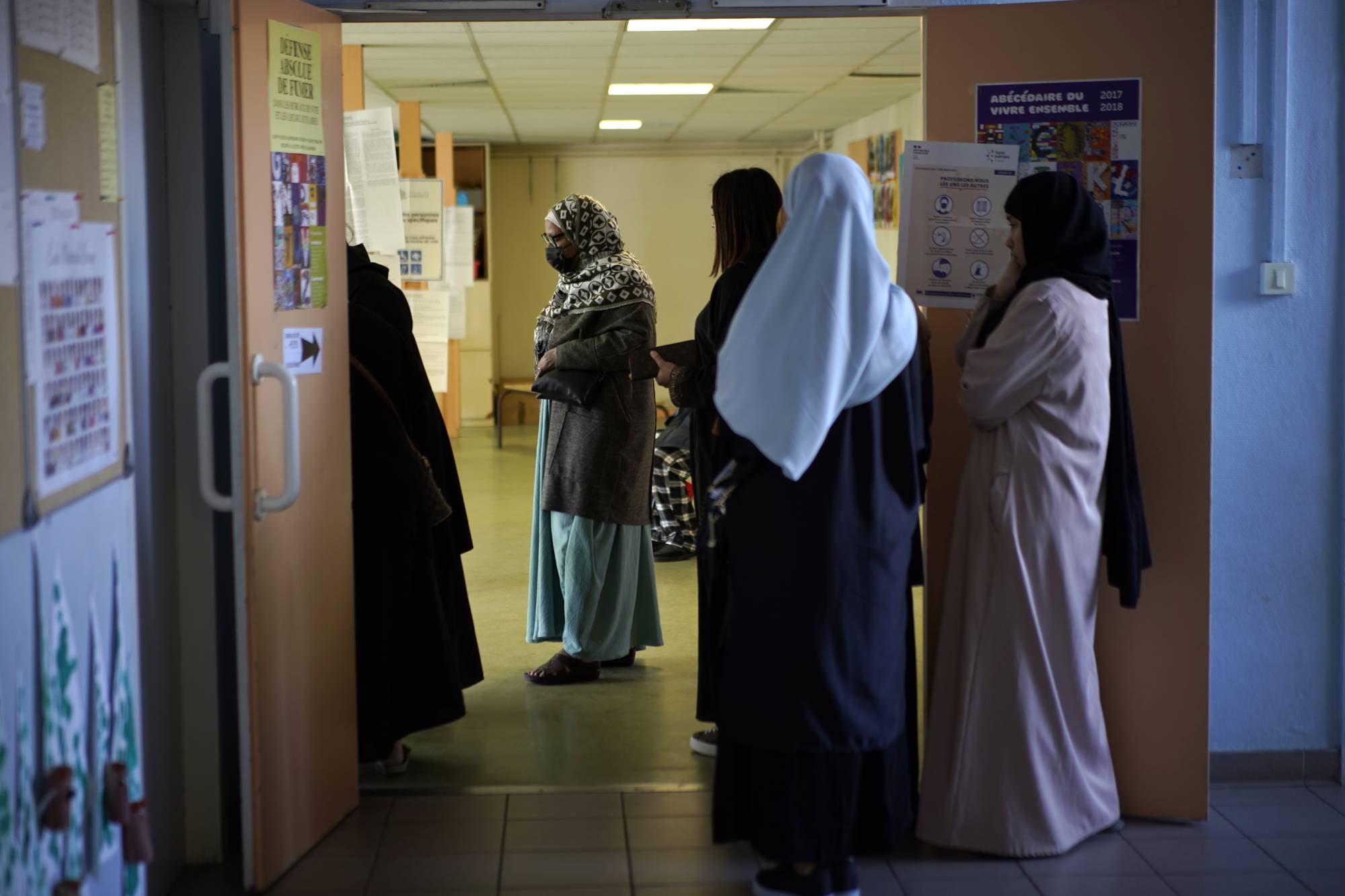
The United Nations also criticized France’s decision to ban the wearing of the abaya in primary and secondary schools.
This came in press statements made by the spokeswoman for the United Nations Office for Human Rights, Marta Hurtado, reported by the United Nations News website on August 29.
Hurtado said that although the UN body was not in a position to comment in detail given the absence of information on the French decision and plans for implementation, it was worth recalling that according to international human rights standards, limitations on manifestations of religion or belief, including choice of clothing, were only permitted in very limited circumstances — including public safety, public order, and public health or morals.
“It is not a garment directly linked to the Muslim faith, but to a culture,” according to Anne-Laure Zwilling, anthropologist of religions at the CNRS.
In turn, journalist Mahran Homsi indicated in a statement to Al-Estiklal that “the Macron government and the Ministry of Education seek from this decision to hide the main problems in the education sector in France, such as the shortage of teachers and low wages, and drew attention to other side issues, such as religious dress and the preservation of secularism, in order to attract media attention and create propaganda and controversy in the French street.”

French Hypocrisy
In a related matter, the French Ministry of Education was forced to delete a video clip commemorating the historic speech of the African–American leader Martin Luther King after the criticism it received after it was published on August 30.
The ministry had published a video clip that showed young children under the age of 18 chanting words from the famous speech “I Have a Dream” by Martin Luther King and recalling the most important values he carried during his struggle for the freedom of Blacks in the United States.
The film’s goal was to celebrate the 60th anniversary of August 28, 1963, the day on which more than 250,000 Americans participated in the historic march in Washington, D.C., to demand jobs and freedom.
Activists and politicians said that the video contains major violations. Including the non-involvement of any dark-skinned students, and it came only one day after the issuance of the decision to ban the wearing of the abaya in French schools, which they considered a hypocrisy and contradiction.
« Que des blancs bobos bien propres sur eux » : indignation d’internautes sur l’hommage du Ministère de l’Éducation à Martin Luther King car uniquement des élèves blancs figurent dans la vidéohttps://t.co/IvyA9sHOlt pic.twitter.com/FHWQEKpBC8
— Fdesouche.com est une revue de presse (@F_Desouche) August 29, 2023
A French investigation conducted by the Permanent Revolution website, published in November 2022, revealed the frequency of harassment of French high school students of Islamic origins in light of the spread of Islamophobia and racism within schools coinciding with the campaign waged by the far-right against what it calls the spread of manifestations of Islam within the educational milieu.
The investigation indicated that since the beginning of the academic year 2022–2023, Minister of National Education Pap Ndiaye (then) continued the Islamophobia attack launched by his predecessor, Jean-Michel Blanquer, adding that the minister adopted the government’s policy targeting Muslim students in schools.
It concluded that it is more necessary than ever for workers in the field of national education to demand - along with students - the abolition of anti-Islam laws that seek to hold Muslim women and men responsible for the deterioration of French schools.
It also called for the need to condemn racial profiling and the state of Islamophobia, which aims to suppress young Muslim women and young men who are subjected to racism.
Finally, the investigation asserted that all these freedom-killing laws are, in fact, just an expression of the racism of the French state.
In this regard, a study conducted by the French Institute of Public Opinion (IFOP) in March 2021 revealed that 52% of secondary school students support the wearing of religious symbols in secondary schools and that 43% of them consider secular laws discriminatory against at least one religion.
Sources
- New French education minister bans abaya dresses in schools
- Students wearing the abaya and the qamis will not enter class from Monday, announces Gabriel Attal [French]
- French secularism: Education minister to ban abayas in public schools
- UN criticises France for banning abaya in schools
- France mocked for Martin Luther King tribute featuring all white cast
- ‘Secularism Plan’: Pap N'Diaye still wants more repression against Muslim students [French]


